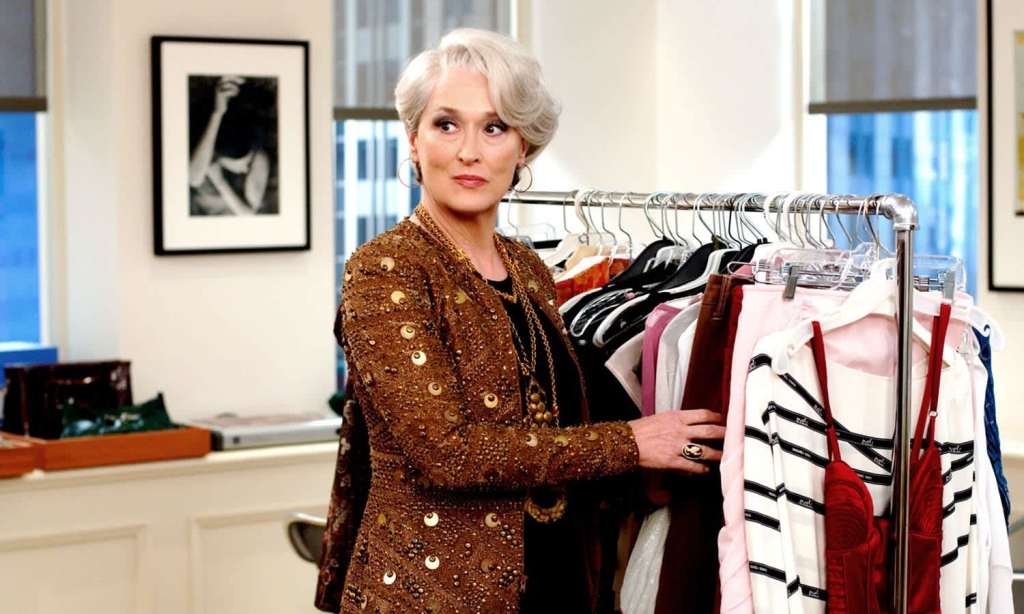It is almost impossible to decide which of Meryl Streep’s film roles are the most noteworthy — especially seeing as she has been nominated for a record of 21 Academy Awards and 32 Golden Globes.
However, if you are of a certain age then Streep as Miranda Priestley in The Devil Wears Prada is surely up there as one of your favourites.
As Priestley, Streep was icy, demanding and often unnecessarily unkind, but she was also a total boss who was always dressed to the nines — she was playing a heightened version of Vogue editor Anna Wintour, after all.
Unfortunately for the celebrated actress, the experience of filming one of the most fashionable films of the past two decades was not the most enjoyable experience.
Speaking to Entertainment Weekly in honour of the film’s 15th anniversary, Streep reminisced about staying in character for the duration of the shoot, which often meant giving her co-stars the cold shoulder.
“Meryl is so gregarious and fun as hell, in some ways it wasn’t the most fun for her having to remove herself,” Emily Blunt, who played Miranda’s senior assistant, said. “It wasn’t like she was unapproachable; You could go up to her and say, ‘Oh my God, the funniest thing just happened,’ and she’d listen, but I don’t know if it was the most fun for her to be on set being that way.”
Added Streep, “It was horrible! I was [miserable] in my trailer. I could hear them all rocking and laughing. I was so depressed! I said, ‘Well, it’s the price you pay for being boss!’
“That’s the last time I ever attempted a Method thing!”
Method acting is a technique or type of acting in which an actor strives to encourage sincere and emotionally expressive performances by fully inhabiting the role of the character. It was first developed by Russian actor Konstantin Stanislavski in the 1900s, with the pioneer taking the approach of encouraging actors to draw from personal experiences and memories in order to elicit real emotions and to connect with the characters.
As for Anne Hathaway, who played Miranda’s other assistant, Andy, she found Streep’s method approach to be helpful in some ways.
“I did feel intimidated, but I always felt cared for,” she said. “I knew that whatever she was doing to create that fear, I appreciated [because] I also knew she was watching out for me.”
The Devil Wears Prada was a successful adaptation of Lauren Weisberger’s novel of the same name that seemed to detail her time working as a personal assistant for Wintour at Vogue. However, Streep told Entertainment Weekly that she had not been interested in making an “Anna biopic” but was instead interested in the complexities of her position at the magazine (the fictional Runway in both the book and film.)
“I wanted to take on the burdens she had to carry, along with having to look nice every day,” she said.
“Because they’d given us such straitened circumstances to make the film with a smaller budget, this opened up and said that a ‘chick flick’ can be a huge hit with a broad audience,” she continued.
“This is the first movie [where] men have come up to me and said, ‘I know how you felt; I have a company, and nobody understands me. It’s really hard.’ It’s the hardest thing in the world for a man to feel his way through to the protagonist of the film if it’s a woman.”
Read more stories from The Latch and subscribe to our email newsletter.







